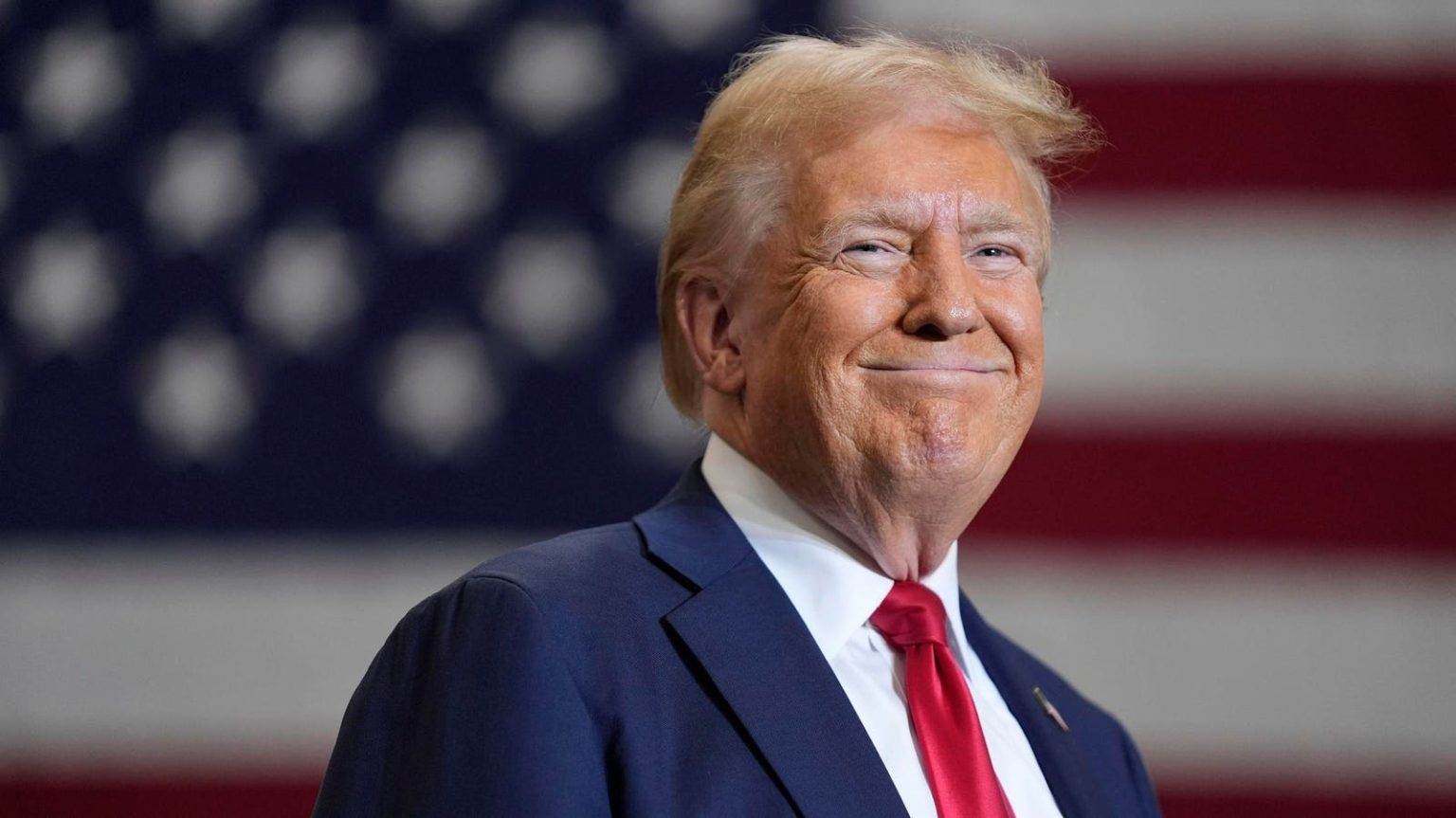Former President Donald Trump is facing multiple criminal charges, including federal charges for allegedly trying to overturn the 2020 election and withholding White House documents, a conviction in New York state court for falsifying business records, and state charges in Georgia for his role in attempting to overturn the election. While Trump’s projected win in the 2024 presidential election is expected to help him avoid most of his federal criminal charges, he will likely have to face his cases in state court.
One of the federal cases against Trump involves allegations of trying to overturn the 2020 election, which may be dropped once he takes office in January. Trump has promised to fire Special Counsel Jack Smith, who is leading the investigation, and can appoint officials to the Justice Department who will drop the charges against him. The federal documents case, in which Trump is facing charges for withholding White House documents, is also expected to be dropped with the change in administration.
There are reports that the Justice Department is discussing how to “wind down” the cases against Trump before he takes office, with Smith in active talks with DOJ leadership on how to end the prosecutions. While Trump will be able to avoid his federal charges, he will not have control over his New York state court conviction for falsifying business records. However, his election is likely to delay his sentencing, scheduled for November 26, or ensure he does not have to serve any sentence until after he leaves office.
In the case involving state charges in Georgia for attempting to overturn the election, Trump’s lawyers are likely to try to delay proceedings until after he leaves office, potentially postponing any prosecution until 2029. Judge Juan Merchan, overseeing Trump’s New York case, is scheduled to rule on whether the charges against Trump will stand, based on the Supreme Court’s ruling giving former presidents some immunity from criminal charges. This ruling will provide an indication of how Trump’s criminal conviction in New York might proceed now that he has been re-elected.
In addition to his criminal cases, Trump also faces civil cases, including appeals of defamation cases and a civil fraud case, which have resulted in significant legal judgments against him. These civil cases and legal fees will not be affected by his re-election, as presidents can be sued in civil court for actions taken before they were in office. While Trump has vowed to fire Special Counsel Jack Smith, technically only the attorney general can hire and fire special counsels. However, Trump is expected to name an attorney general who will be willing to carry out his wishes.
Trump is the first sitting or former president to be indicted on criminal charges, and his successful delays in the cases against him have allowed him to avoid trials that were initially scheduled to take place. His federal election case was postponed while he appealed his presidential immunity claims, and his federal documents case charges were dismissed following a series of motions filed by his lawyers. Despite these legal challenges, Trump’s case in New York did go to trial, with his sentencing postponed until after the election to avoid any perception of political bias.


